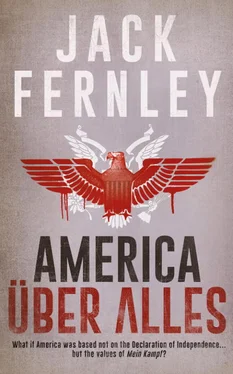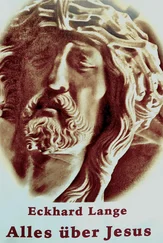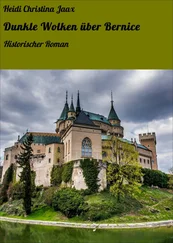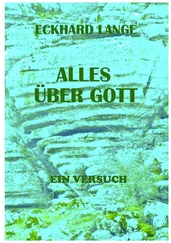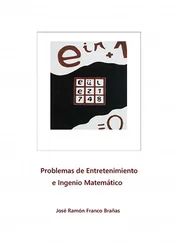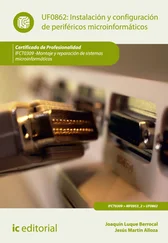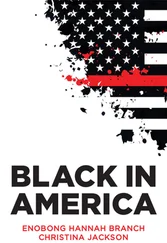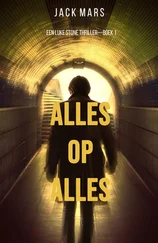‘Ah, I beg of you to hold that thought, Herr Krupp,’ Goebbels interjected. ‘As yet, the Generalfeldmarschall has not been briefed. Before we do so, one more introduction. I especially wish you to meet the finest young historian of the Reich, Doktor Werner Conze of the University of Vienna.’
An elegant young man, with a handsome face set off by a Roman nose, stepped forward and pushed out his hand towards von Greim.
‘Generalfeldmarschall, it is a honour to serve under you. And Frau Reitsch, I have long admired and thrilled at your aeronautical feats.’
He leaned over to kiss Reitsch’s outstretched hand, a waft of cologne escaping from him.
‘Doktor Conze has played a most important role in developing our thoughts on Lebensraum . You may have read his pamphlet “Die weissrussische Frage in Polen”, highly influential among the young members of the Bund Deutscher Osten?’
Von Greim shook Conze’s hand.
An intellectual. Von Greim despised intellectuals, especially those who had jumped on the bandwagon just before 1933 when the Führer’s ascent to power was all but confirmed. A cancer on the party ever since, with their political infighting and machinations. He recalled no intellectuals standing shoulder to shoulder with them in November 1923 when they marched out of the Bierkeller in Munich. No doubt this Conze had been shirking from military service while pontificating in Vienna.
‘You praise me too much, Reichmaster Goebbels.’
‘Nonsense. Since he was injured during the invasion of France, Doctor Conze has been researching both the realities of social life in the American revolution and the details of George Washington’s campaigns and staff.’
Von Greim looked again at the younger man.
‘You served in France?’
‘Yes, 19th Korps under Guderian. I was wounded at Sedan, during the crossing of the Meuse.’
‘One of our greatest triumphs.’
‘It was an honour to serve, Generalfeldmarschall. My only regret is that I could not continue with the push on to Paris. My injuries were slight, but others decided I should not continue, but return to convalesce. I see that you have had better luck in persuading the doctors that you should be allowed to continue to serve.’ He pointed at von Greim’s bandaged foot.
‘A recent injury of little importance. We didn’t have an especially warm welcome into Berlin. But we cannot allow small obstructions to distract from the wider goal.’
‘I hope you will find that I can be trusted on that score.’
Perhaps I am wrong about this one, thought von Greim.
‘I am sure you will be proved correct, but I don’t see the relevance of studying George Washington. What does a historian know of the atomic bomb?’ asked von Greim.
‘The atomic bomb? My dear Generalfeldmarschall, there is no atomic bomb. So the Führer did not sketch out your mission? Yes, we were experimenting here with Heisenberg and his team to harness the atom, but so far we have had no success. It was Doktor Bewilogua here, while researching the area of low-temperature physics – you’ll have to excuse my layman’s ignorance, I am afraid I may understand the passions that motivate an entire nation, but for the life of me I cannot fathom the science of this project – who, I hope this does not insult you, Doktor, stumbled ?’
Bewilogua nodded his head, ‘I will accept the initial discovery was a stumble. So much of science begins with a stumble. The skill is knowing whether the stumble leads us to a dead end or a new vista.’
‘Ha, indeed, and what a vista you opened up for mankind, my dear Doktor! You were looking for divine power and instead you found an even greater power, and we are about to unleash it.’
Von Greim opened his hands, a silent question playing across his face.
Goebbels read the expression and asked: ‘Generalfeldmarschall, why are we losing this war for civilisation? The barbaric Slavic hordes from the East may have greater numbers, but sacrifice on the scale they endure is unsustainable. They are barely civilised, nothing they create will survive. Given time we would easily outwit them. The British, perfidious Albion? Untrustworthy, weak, immoral, they have thrown away the greatest empire the world has seen, grown soft, too easily seduced by those they rule. The French, the French we can easily disregard. No, the reason we are losing this war is because of the Americans.
‘Their Lebensraum is far too great for us. A land of almost unlimited resources. Imagine if that was our land, populated by our people. Free of all the limitations of the past, free of the Jew, the Slav, the Gypsy, the scum that has weakened all of Europe. Imagine a German America. Imagine an America infused with the same principles, beliefs, spirit that our Führer has given us. Imagine how history would have been written! How different mankind’s story would have been if the first free Americans had been fired by the ideology that has made us so strong! By now our people would be living with the fruits of our manifold destiny. That is your mission, Generalfeldmarschall. That will be your lasting achievement.’
PART 2
BUCKINGHAM TOWNSHIP, PENNSYLVANIA
20 December 1776
It was the worst winter anyone could remember. The snow and ice had come early in December and showed no sign of retreating – rivers frozen for weeks, blizzards blocking roadways, bitter winds sucking up all hope. It was the worst winter at the end of the worst year. The war seemed lost. Freedom seemed lost.
Washington’s army had suffered defeat after defeat, retreating from New York, through New Jersey to Pennsylvania; only the Delaware River kept away the British and final destruction. The Continental Army, they called it, but it defied such a description. It was made up of all kinds of the new America: the urban elites, the country folk, the freed slave, the slave owner, the mechanic, the labourer. This was no proud army; the main body of the army was little more than a ragbag of bootless, homesick civilians, all looking for an excuse to get back to their families. Within days the annual enlistment would be up and Washington feared the worst. He would lose the majority of his men just as Lord Cornwallis’s army was being supplied with fresh German mercenaries, Hessian troops heavily experienced from war in Europe. Even Washington’s closest confidants talked openly of suing for peace. Congress had fled from Philadelphia, two of its members had crossed to the British and scores of citizens were signing the British Proclamation of 30 November, pledging loyalty to the crown. The Revolutionary War was all but over. This harsh winter would finish it.
And the year had been harder on no man more than Edward Hand.
In the glorious summer of 1775, no one symbolised more the hope of the coming struggle than Hand. A first-generation immigrant, from Clyduff, Ireland, he had joined the British Army as a surgeon’s mate, which in turn had brought him to the colonies. America offered Edward Hand a dream of advancement that even he, a fully trained surgeon from Trinity College, Dublin, could not see in a pauperised Ireland in hock to Britain’s imperial interests. Once in America, he soon resigned his commission and set himself up in Pennsylvania as a doctor, practising in and around the Irish settlements of Lancaster County. There he had fallen in love with Catherine Ewing, a second-generation Scot from Philadelphia. They were both enthusiastic supporters of the rights of the colonies, and when war had broken out, he had assumed a role as a lieutenant colonel in the 1st Pennsylvania Riflemen. He was just thirty that summer, of moderate height, strong cheekbones, his high forehead showing the first suggestions of a fading hairline, a handsome man with a taste for glory. In that year, Hand had been one of the heroes of both the siege of Boston and the battle of Bunker Hill, coming to be noticed and highly regarded by Washington. At the end of that most tumultuous of years, Catherine announced she was with child, a child due in August 1776.
Читать дальше
